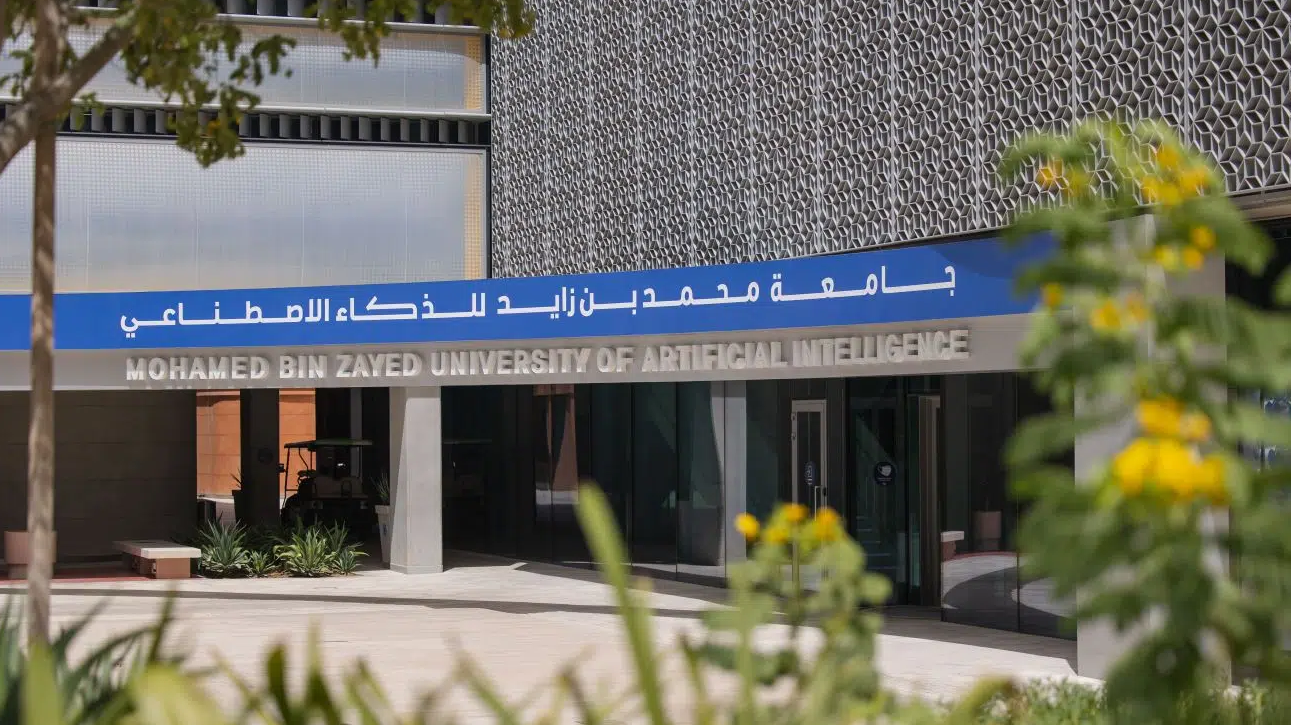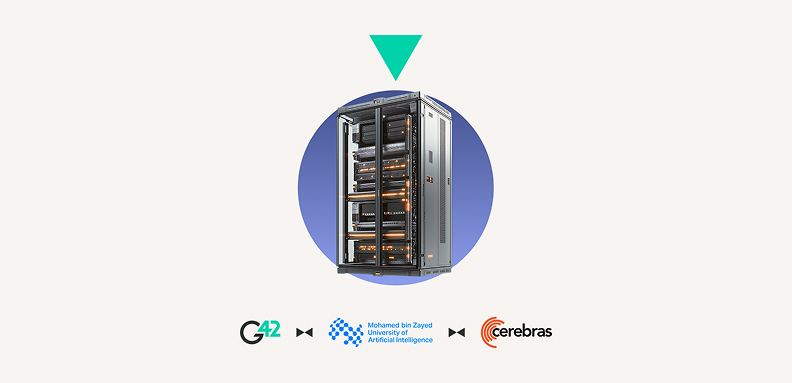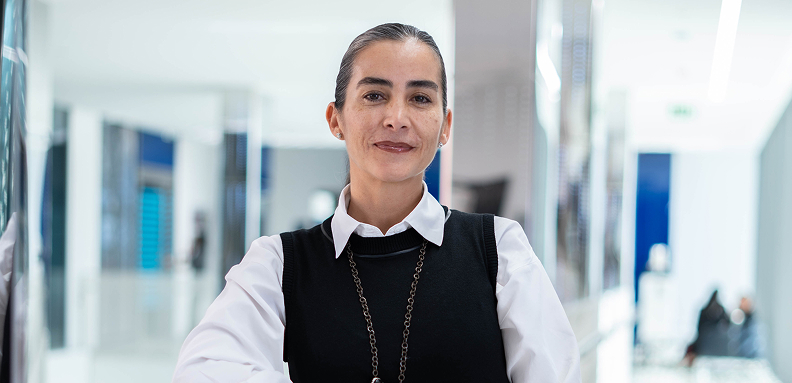Five industries undergoing transformative change due to ongoing artificial intelligence research
Friday, May 24, 2024

Around the world, major industries are undergoing transformative changes thanks to the power and adaptability of artificial intelligence (AI).
From AI algorithms that enhance the efficiency of flightpaths, to AI assisted drones that monitor crops, and metaverse-based immersive learning, here are five key sectors that are at the heart of the AI revolution.
1) Healthcare: AI will have large-scale impact in the health industry. The university has more than 20 ongoing or upcoming health-related research projects with partners such as the Malaria No More, Quris-AI, Aspire, Infinite Brain Technologies (IBT), Abu Dhabi Health Co, and Sheikh Shakhbout Medical City. To combine these efforts, the university launched its Institute of Digital Public Health (IDHP) this year to provide a pathway to transformative AI advancements to solidify the UAE’s vision to become a global hub for AI and a centre for life sciences.
AI is already revolutionizing healthcare by streamlining administrative tasks, enhancing diagnostics, and personalizing patient care. However, machine learning tools will have the biggest impact and can analyze vast amounts of medical data – from patient records to CT scans – to identify patterns and predict diseases, leading to earlier detection and more effective treatments. Most recently, MBZUAI partnered with The Department of Health – Abu Dhabi (DoH) and Core42 to launch the Global AI Healthcare Academy center and provide AI training and upskilling to the Emirates’ healthcare workforce.
2) Aviation: In the aviation industry, AI is optimizing operations, improving safety, and enhancing the passenger experience. Airlines are also using AI algorithms to predict maintenance needs, optimizing aircraft use, and reducing delays.
Last year, MBZUAI and Etihad Airways, the national airline of the UAE, signed a Memorandum of Understanding (MoU) to jointly develop initiatives and conduct research into how AI could transform key aspects of the aviation sector. As part of the agreement, both organizations will establish joint training programs and explore research opportunities. Etihad Airways was also a launch partner of Jais, the world’s most advanced Arabic large language model (LLM).
3) Agriculture: AI technologies are being used to increase crop yields, enhance food security, and optimize resources used in agriculture. Drones equipped with AI-powered sensors can monitor crops and detect diseases and nutrient deficiencies early, enabling targeted interventions, while machine learning algorithms can analyze weather patterns and soil data to provide insights for precision farming.
MBZUAI will work with Silal, an agri-food company based in Abu Dhabi, to bring AI innovation to agriculture and food production. The agreement will support the creation of a joint AI Center of Excellence with the potential to enable the UAE to develop and expand its food production sector and increase sustainable practices.
4) Education: AI is reshaping education by personalizing learning experiences, automating administrative tasks, and creating new types of learning experiences. Adaptive learning platforms use AI algorithms to tailor curriculum and learning materials to each student’s individual needs and learning pace, while virtual tutors and chatbots provide instant assistance and feedback to students.
MBZUAI’s Metaverse Center (MMC) is conducting research on AI-enabled metaverse virtual teleportation solutions that could help expand education by giving children in remote areas the ability to attend school virtually, in immersive 3D environments. The university is also exploring ways to create bespoke avatars and 3D content.
5) Energy: In the energy sector, AI is optimizing operations, increasing efficiency, and promoting sustainability. AI also requires a lot of power to operate. MBZUAI is championing sustainable AI at scale and researching ways to reduce AI’s energy consumption. The university pioneered the AI Operating System (AIOS), a technology designed to substantially reduce the three big costs of AI computing — energy, time, and talent. MBZUAI’s AIOS reduces AI computing energy costs by making models smaller, faster, more efficient, and less reliant on expensive hardware for AI creation. It directly speeds up the computing operations involved in training and serving AI models, which further reduces the time needed for training. On top of this, researchers have been working on an array of open-source, on-device or efficiently trained LLMs.
Smart grids leverage AI algorithms to monitor and manage energy distribution in real-time, optimizing loads and reducing energy wastage. A team at MBZUAI is working on AI solutions for smart energy grids by applying a technique called federated learning to train a machine learning model, enabling it to learn about the energy usage habits of millions of users without compromising data privacy. This enables energy providers to massively increase the efficiency and reliability of energy distribution.
- healthcare ,
- energy ,
- metaverse ,
- agriculture ,
- education ,
- aviation ,
- Etihad Airways ,
- Silal ,
Related
UAE to deploy 8 exaflop supercomputer in India to strengthen local sovereign AI infrastructure
MBZUAI will partner with G42, Cerebras, and India’s Centre for Development of Advanced Computing to deliver the.....
- supercomputer ,
- sovereign ,
- collaboration ,
- summit ,
- partnership ,
MBZUAI report on AI for the global south launches at India AI Impact Summit
The report identifies 12 critical research questions to guide the next decade of inclusive and equitable AI.....
- Report ,
- social impact ,
- equitable ,
- global south ,
- AI4GS ,
- summit ,
- inclusion ,
MBZUAI research initiative receives $1 million funding from Google.org
The funding will help MBZUAI's Thamar Solorio develop inclusive, high-performance AI for the region’s diverse linguistic landscape.
Read More

